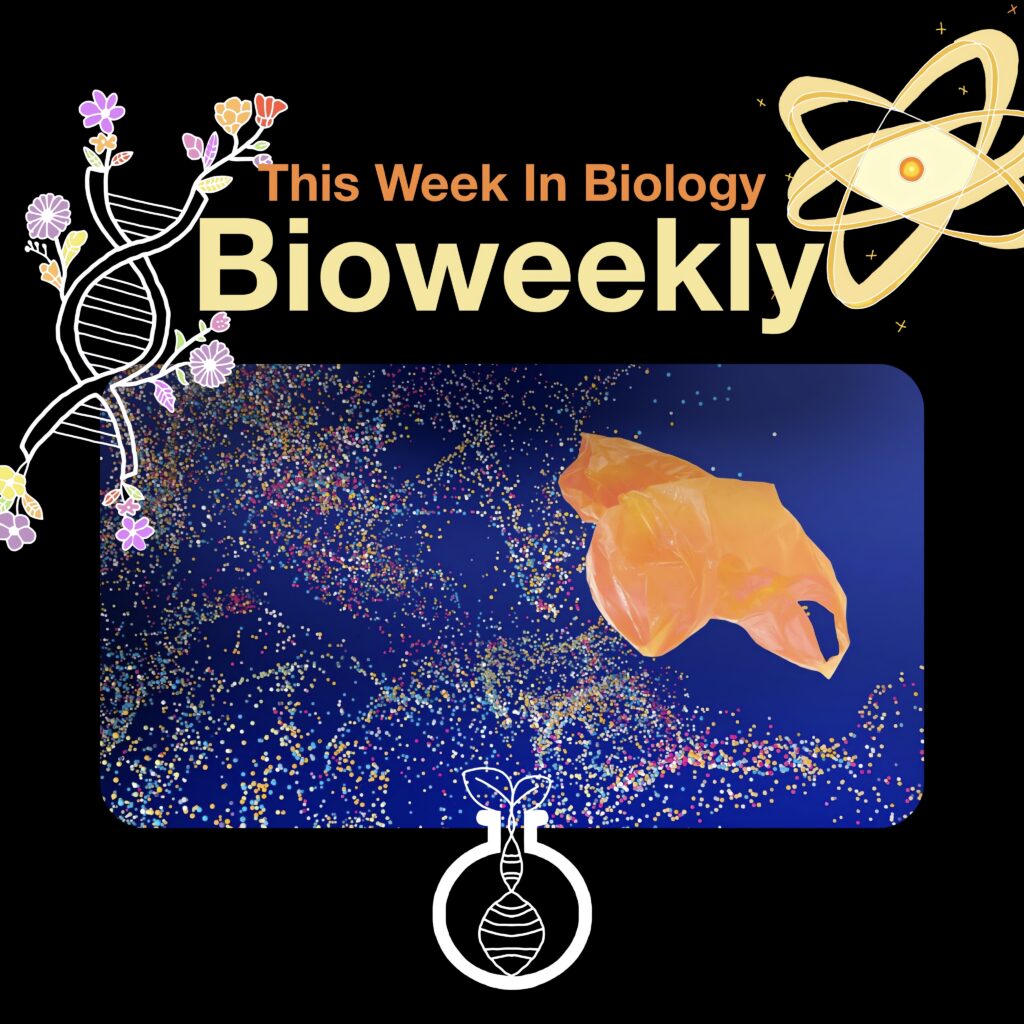Get ready for some exciting revelations in the world of biology! This week, we dive into three groundbreaking studies that challenge conventional wisdom. From polyploidy’s role in evolution to new approaches in tackling plastic waste, and an immune system discovery protecting our gut, science continues to push boundaries. These studies promise to reshape our understanding of adaptation, environmental solutions, and the complex workings of our immune defense. Let’s explore the latest from the frontlines of research!
You can find all of the sources in this article right below each story.
Solving the Evolutionary Puzzle of Polyploidy: How Genome Duplication Shapes Adaptation
A groundbreaking study from the Earth-Life Science Institute (ELSI) in Tokyo sheds light on the paradoxical role of polyploidy — a condition where organisms carry extra genome copies — in evolution. Researchers found that polyploidy can slow evolution in stable environments but drives rapid adaptation under extreme conditions. The team used theoretical models and biological observations to show how genetic “skewness” in polyploid organisms allows for evolutionary innovations while preserving overall fitness. These findings have implications for genetic engineering, microbial production, cancer treatment, and beyond.

Dive into the full news through here
Polymer Editing Can Upcycle Waste into Higher-Performance Plastics
Scientists at Oak Ridge National Laboratory (ORNL) have developed a revolutionary method to upcycle plastic waste into high-performance materials using advanced polymer editing. By rearranging polymer structures at a molecular level, the team transformed discarded plastics like rubber tires and ABS into valuable, functional materials. This method conserves resources, reduces emissions, and promises a more sustainable solution to the global plastic crisis. The research opens new doors for the circular economy, offering a greener way to tackle the growing waste problem.
We recommend you to read our article on Microplastics to learn more about how they affect us!

Dive into the full news through here
T Cells Rise to Defend the Gut: A New Frontier in Immune Research
New research reveals how immune cells called tissue-resident memory CD8 T cells (TRM cells) defend the small intestine by relocating to vulnerable areas during infection. Using advanced spatial transcriptomics, scientists from LJI, UC San Diego, and the Allen Institute mapped the strategic positioning of TRM cells, showing how they balance defense while maintaining reserves. This insight could revolutionize cancer immunotherapies and improve our understanding of tissue-specific immunity.
If you want to learn the Gut Microbiome deeper, click and dive into our article on it!

Dive into the full news through here
Thank you for diving into this week’s news with us. We hope you enjoyed uncovering these fascinating updates as much as we did. Be sure to return next week for more exciting discoveries from the world of science. Until then, stay curious and keep exploring!


My name is Ali Emre Cabadak, a dedicated biology enthusiast currently pursuing my studies at Marmara University, where I am majoring in Bioengineering. As a passionate advocate for scientific discovery and innovation, I am the founder of Biologyto. My goal is to bring the wonders of biology closer to everyone and inspire a new generation of thinkers and innovators. Through Biologyto, I aim to write scientific articles that delve into the fascinating world of biology, sharing insights and discoveries that inspire curiosity and innovation.





